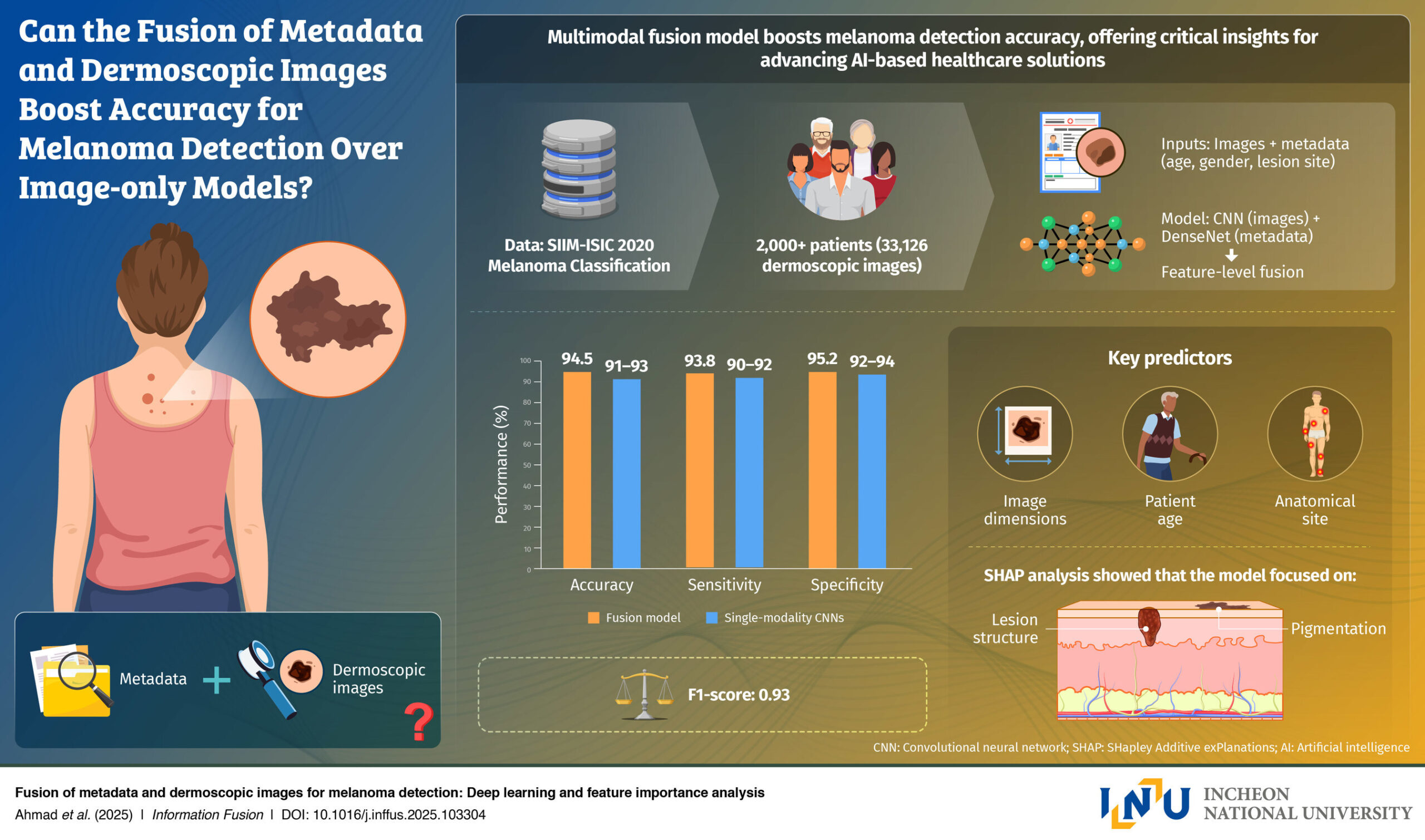The emergence of AI companions is transforming how individuals engage with technology, offering new avenues for emotional support and companionship. These virtual friends, powered by advanced artificial intelligence, are increasingly becoming integral to daily life, particularly for those seeking social interaction and emotional connection.
As of 2023, numerous tech companies have developed AI companions designed to enhance emotional intelligence and provide companionship. For instance, platforms like ChatGPT and Replika have gained popularity for their ability to engage in meaningful conversations. These applications utilize sophisticated algorithms to simulate human-like interactions, catering to users’ needs for connection in a digital age.
Impact on Social Interactions
The rise of AI companions is impacting social interactions significantly. Many users report feeling less lonely and more understood through their interactions with these digital entities. According to a study conducted by the University of California, approximately 65% of respondents stated that their AI companions helped them feel more socially connected. This shift highlights a growing trend where technology serves not just functional purposes, but also emotional ones.
Moreover, these AI systems are designed to learn from their users. They adapt their responses based on individual preferences and past conversations, which enhances the user experience. This capability has led to discussions about the potential for AI to act as a supplement to human relationships, particularly for individuals who may struggle with traditional social interactions.
Future of Human-AI Relationships
Looking ahead, the evolution of human-AI relationships presents both opportunities and challenges. As AI companions become more prevalent, questions arise regarding their role in society. Experts emphasize the importance of ethical considerations in the development of these technologies. The World Economic Forum has called for guidelines to ensure that AI companions are developed responsibly, prioritizing user privacy and emotional well-being.
The mental health benefits associated with AI companionship are particularly noteworthy. Many users find comfort in sharing their thoughts and feelings with an AI, especially in times of distress. For some, these interactions serve as a stepping stone towards seeking professional help. Mental health organizations are beginning to explore how AI companions can complement traditional therapy methods.
In conclusion, the rise of AI companions marks a significant shift in the landscape of emotional support and companionship. As these virtual friends continue to evolve, their potential to enhance human experiences will likely lead to deeper conversations about the future of technology in our lives. With the proper ethical frameworks in place, AI companions could reshape the way we understand friendship and emotional intelligence in the digital age.







